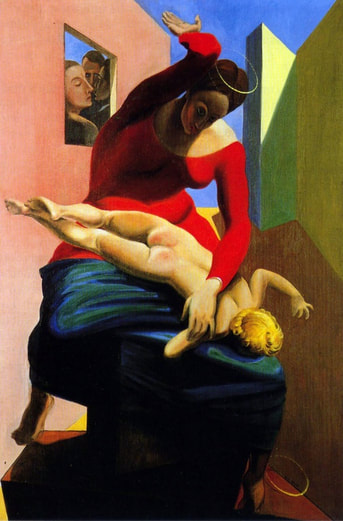THE HOLY WELL

First documented in an 1847 book of Christmas carols, this ballad relates a bizarre and apocryphal idea of the boy Jesus.
Originally fourteen verses long, the song is sometimes known as The Bitter Withy or The Bitter Willow because of the branch with which Mary whips Jesus in the closing stanzas.
The lyrics describe the boy asking his mother if he might play outside. She agrees, provided he does not cause any trouble or return home complaining. In one version, when the other children refuse to play with Jesus due to his low breeding he is implored by the narrator to "take away those sinful souls, and dip them deep in Hell."
In another version, Jesus uses beams of sunlight to construct a bridge over a nearby river, which he crosses. When the other children attempt the feat, they fall into the water and drown. By the time he returns to his mother she has already heard the cries of many grieving mothers, and he is beaten with a willow branch. Pained as much by the punishment as by the injustice of it all, Jesus curses the willow to be the only tree to rot from the inside out.
PREVIOUS // NEXT
Sources:
A Good Christmas Box, Dudley, 1847
Christmas-tide, Its History, Festivities and Carols, With Their Music, William Sandy, John Russell Smith, London, 1852
Originally fourteen verses long, the song is sometimes known as The Bitter Withy or The Bitter Willow because of the branch with which Mary whips Jesus in the closing stanzas.
The lyrics describe the boy asking his mother if he might play outside. She agrees, provided he does not cause any trouble or return home complaining. In one version, when the other children refuse to play with Jesus due to his low breeding he is implored by the narrator to "take away those sinful souls, and dip them deep in Hell."
In another version, Jesus uses beams of sunlight to construct a bridge over a nearby river, which he crosses. When the other children attempt the feat, they fall into the water and drown. By the time he returns to his mother she has already heard the cries of many grieving mothers, and he is beaten with a willow branch. Pained as much by the punishment as by the injustice of it all, Jesus curses the willow to be the only tree to rot from the inside out.
PREVIOUS // NEXT
Sources:
A Good Christmas Box, Dudley, 1847
Christmas-tide, Its History, Festivities and Carols, With Their Music, William Sandy, John Russell Smith, London, 1852
